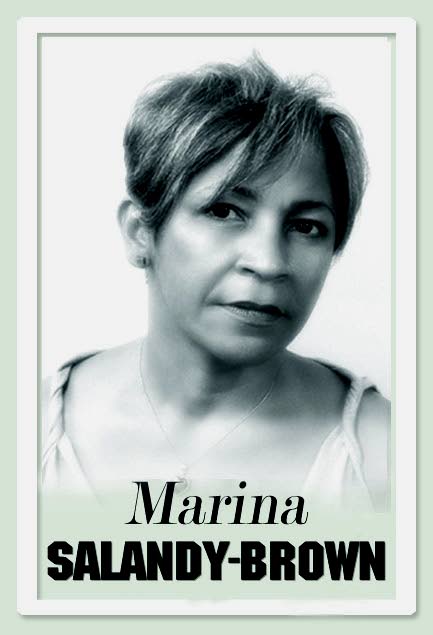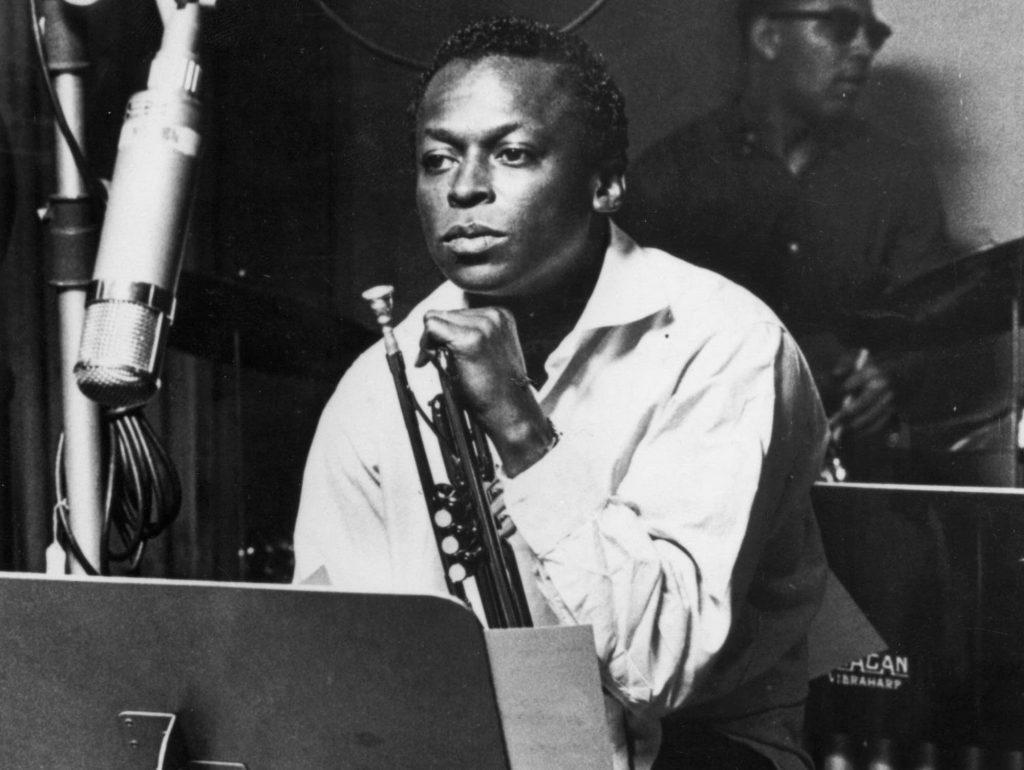A new musical treasure found

There are some very difficult questions people like posing, such as: what’s your favourite book? What kind of music do you like best? Name your favourite film.
I remember meeting up with a teenage flame after three decades. We had gone off in different geographic directions and our life experiences barely resembled each other’s. I dug deep when, in an attempt to expedite renewal of our friendship that had never truly developed, I tried to answer what I believed to be an invidious question about my favourite novel. Lazarillo de Tormes, an anonymous 1500s Spanish picaresque novel, emerged as the book that provoked the strongest emotions in me.
My friend claimed it was also his. He knew exactly why and could remember favourite tracts, allowing me to dismiss any suspicion I had about him trying to find coincidences. Encouraged, we explored music. We also loved the same sorts of music and admired the same performers, although I learned a lot from his vast knowledge of Latin American music, some of which still is among my favourite.
Maybe those naive demands to prioritise personal preferences are useful after all, but I still do not like them. How can anyone be a true lover of music and not wonder at the creations of Miles Davis, to be exact, and to dismiss him in favour of Beethoven or Mahler? He is one of the most important people in 20th-century music. Who has ever heard the dolefully spectacular trumpet of that musical genius in Sketches of Spain, recorded in 1959, and not wondered if they had entered another creative realm? Nobody hearing the classic Concierto de Aranguez on that album would fail to be touched by its singular, pure beauty.

Listening to the deeply poetic In A Silent Way (1969) is like taking a quiet stroll, alone, in the Empty Quarter of the Sahara desert on a cool evening. Johann Sebastian Bach would have only the deepest respect for Miles Davis, who is up there with him in my treasury of all-time favourite composers of any genre of music.
Bitches Brew, with its fused Latin motif, is a masterpiece of improvisation (1969). Listen to the extraordinary unerring rhythmic style and ethereal beauty of Kind of Blue, recorded exactly 60 years ago and sounding as if it happened yesterday for its modernity.
That album has sold a record four to five million copies and was voted the best jazz record ever. It is a landmark work, too, because it was recorded with little rehearsal and apparently comprises all first-take performances. Maybe that is also why it remains so fresh. The fact that the piano of Bill Evans graces the album, which also includes the touchstone saxophonists John Coltrane and Cannonball Adderley, marks it out for genius rating.
Miles recorded a lot of music over his 40-year career but on September 5 his “lost 1985 recording” Rubberband will be released by Warner, an unexpected gift that will make us also remember the life of its creator, which was as complex as his music, as poignant as his trumpet chords. The 11-track album contains numbers he played later in concert, including Rubberband, Wrinkle, and Carnival Time.
Miles had been with Columbus Records since 1955, but in 1985, when they signed the rising star of jazz, Wynton Marsalis, he moved suddenly to Warner Bros Records, immediately recording Rubberband – R&B, funk, soul, free – but the company did not like this new departure and he did not complete it. His musical styles changed over the decades, influenced by the women in his life and by musical trends such as soul and electric music. For example, in the late 1960s he entered into the emerging jazz-rock scene with his then wife, leading the way in releasing double albums such as Bitches Brew and On the Corner.
He disappeared in a haze of drugs and ill health in the late 70s and re-emerged ready for more musical revolution in 1981 after marrying the actress of Trinidadian origin Cicely Tyson.
I never wish I had been born in a different time, but I do wish I had been around when Miles was performing live at the height of his powers in the 1960s. He used to visit London frequently in the mid-late 1980s and I regularly attended his concerts. By then he was always taciturn and turned his back to the audience to perform his very edgy funk music – music of the street, as he called it, surrounded by young musicians.
I eventually stopped going. He gradually became frailer and walked onto the stage with a stick.
Returning now to the Miles of the mid-1980s is going to be a real treat. Even if Rubberband contains re-mixes, it will surely have some original tracks – modern vintage Miles.


Comments
"A new musical treasure found"